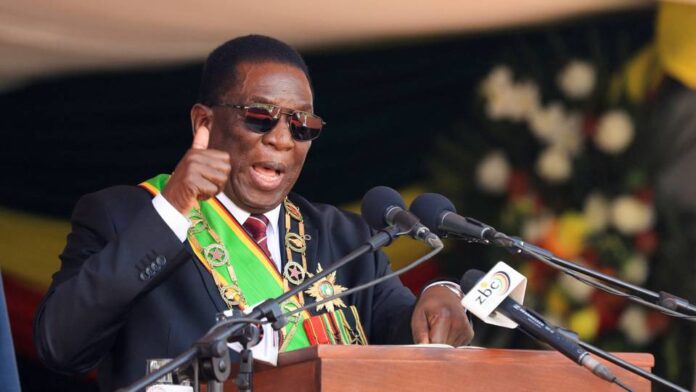Africa’s political landscape was shaken this week as Zimbabwe’s governing party, Zanu-PF, emerged victorious in by-elections, securing a two-thirds majority in parliament.
The by-elections, which were marred by controversy, saw Zanu-PF claim a super-majority, further solidifying its grip on power.
The controversial nature of the by-elections has raised concerns about the fairness and transparency of the electoral process in Zimbabwe. Critics have accused the ruling party of manipulating the by-elections to its advantage, casting doubt on the legitimacy of the results.
Despite these concerns, the outcome of the by-elections represents a significant milestone for Zanu-PF, giving the party unprecedented power and influence within the Zimbabwean political landscape.
This has sparked debate and discussion among political analysts and commentators, who are closely monitoring the implications of Zanu-PF’s super-majority.
As the dust settles on the by-elections, it remains to be seen how Zanu-PF will wield its newfound power and whether it will use its super-majority to pursue controversial policies and agendas.
With the eyes of the international community on Zimbabwe, the outcome of the by-elections has far-reaching implications for the country and its future political direction.

